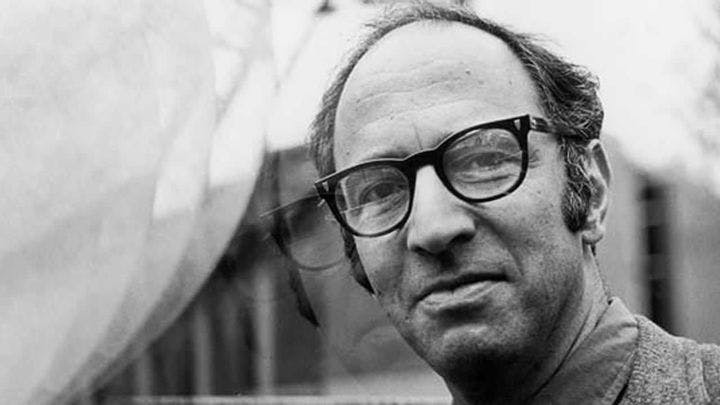Fall 2012
The man who brought us the phrase "paradigm shift"
– The Wilson Quarterly
Before it became a meaningless buzzword, it was a major leap forward in scientific theory.
If you’ve heard the phrase “paradigm shift” a few too many times, you can blame a Harvard-trained physicist-turned historian of science named Thomas Kuhn (1922–1996). His Structure of Scientific Revolutions, published 50 years ago, did much more than add a buzz phrase to the language. The readable 172-page treatise—more than a million copies have been sold—“did a gestalt flip on just about every assumption about the who, how, and what of scientific progress,” writes David Weinberger, a senior researcher at the Berkman Center for Internet and Society at Harvard Law School.
Kuhn obliterated the traditional notion that science proceeds on a steady linear path toward truth. Instead, he argued, scientists in each field are governed by “paradigms,” a collection of facts and assumptions that shape their understanding of their field and influence the kind of research they pursue. New findings that challenge a particular paradigm are rejected as flawed or otherwise dismissed—tenure decisions are one way a paradigm is reinforced—until enough of them pile up to spur a revolution. Suddenly, for example, Newtonian mechanics gives way to quantum mechanics.
Kuhn’s idea of “incommensurability”—that scientists aren’t able to understand one paradigm while operating under the guidance of another—has been particularly controversial. It suggests, among other things, that scientists have no way of gauging if they are making progress and that truth itself does not exist.
It’s a pity, Weinberger says, that Kuhn’s arguments have become a foundational element of a new relativism. Kuhn was not a relativist but did think that old ideas about truth were defunct. “We must learn to get along without anything at all like a correspondence theory of truth,” he wrote in 1986. Though Kuhn upended the old paradigm of what truth was and how we could get close to it, he nonetheless expected that a new one would arise. The problem, Weinberger observes, is that we have yet to “come to a new shared understanding about what it means to live truthfully as humans.”
THE SOURCE: “Shift Happens” by David Weinberger, in The Chronicle Review, April 22, 2012.
Cover photo courtesy of Wikimedia Commons
